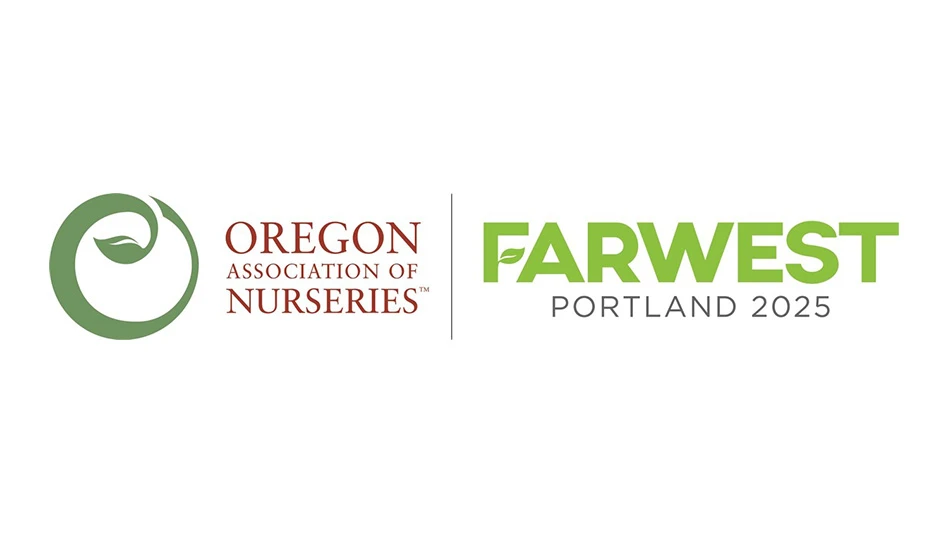
Michigan State University Extension and Kansas State University Research and Extension are now offering a fall term of the non-credit, pre-recorded online course on biological control for greenhouse growers. The enrollment period is open until Oct. 14, 2016, where the course will then be available until Jan. 13, 2017.
This is the third course in the College of Knowledge Online series offered on eXtension campus, the national Extension website. The course is intended for greenhouse growers and others interested in learning about the fundamental concepts of biological control and the challenges and opportunities associated with a biological control pest management program. The content of the course covers introductory materials to more advanced concepts such as utilizing banker plants.
The four hours of pre-recorded lecture and video demonstrations are divided into six units:
Unit 1: Introduction to Greenhouse Biological Control
Unit 2: Commercially Available Biological Control Agents
Unit 3: Using Banker Plants in Biological Control Programs
Unit 5: Interactions of Pesticides and Biological Control Programs
Unit 6: Greenhouse Examples of Biological Control Systems: Application Strategy and Costs
The first unit is an overview of the challenges and opportunities of biological control, how biological control systems work, factors to consider when developing your program, and the importance and methodology of scouting in the greenhouse. The second unit of the course covers the commercially available biological control agents sold in the United States and provides benchmark release rates and facts useful to those releasing biological control agents in the greenhouse. Unit three discusses the four most common banker plant systems for green peach and melon aphids, greenhouse whiteflies and western flower thrips.
The fourth unit covers important issues such as quality control of biological control agents. Unit five addresses integrating pesticides (including fungicides) with biological control agents. Unit 6 presents examples of biological control programs implemented by growers for wholesale spring bedding plants and greenhouse vegetable operations.
The course is taught on the eXtension campus website by Heidi Wollaeger, MSU Extension greenhouse and nursery educator. Raymond Cloyd of Kansas State University Research and Extension co-authored the course and provided supplemental video content.
Individuals enrolled in this self-paced course will take a pre-test and a final exam to assess their progress on the topics associated with the course. Self-assessment quizzes will engage individuals with the material. The course also provides links to additional resources on pertinent biological control topics.
'Biological Control for Greenhouse Growers' is non-credit course is offered twice a year (summer and fall). Enrollment is open until Oct. 14, 2016. Individuals enrolled in the fall session will have access to the course materials from Oct. 14, 2016, through Jan. 13, 2017. The summer session opens for enrollment on May 1, 2017, and the course material will be available to registrants from June 1, 2017 to Aug. 31, 2017.
The cost of the course is $129 per individual. Once you have paid for the course, completed the pre-test, final exam and the post-course evaluation, you will be eligible for a $20 refund. You must complete all course work by Jan. 31 and emailed the instructor, Heidi Wollaeger, at wollaege@anr.msu.edu by Jan. 31 to receive the refund. If all conditions are met, the cost of the course is $109. Due to the online nature of this course, individuals wishing to cancel their registration are subject to a $129 fee.
Latest from Greenhouse Management
- CEA Alliance celebrates bipartisan introduction of Supporting Innovation in Agriculture Act
- Dümmen Orange North America celebrating 25th anniversary in 2025
- Illinois Landscape Contractors Association changes name to Landscape Illinois
- 2025 Proven Winners Horticulture Scholarship applications now open
- ICL’s Gemini Granular herbicide now registered for use in California
- Eurazeo Planetary Boundaries Fund acquires Bioline AgroSciences
- Spring Meadow Nursery's Freedom Shelley finds joy in plants
- Leading Women of Horticulture: Dana Massey, Plantworks Nursery






